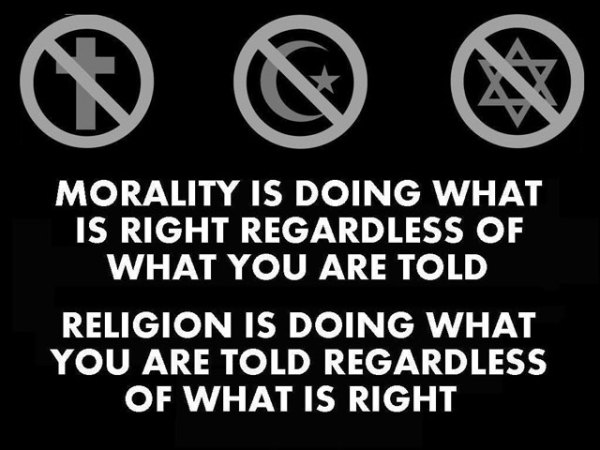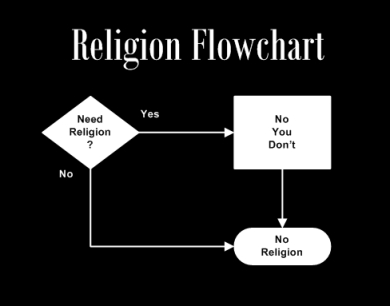
I’ll probably be sniggered at in my current church, but this is where I met Jesus.
When I was twelve years old I attended a Christian youth camp. At one of the small group sessions we had, the youngish leader said something about Christianity that I was taken aback by. I knew it was wrong, although I couldn’t articulate exactly why it was wrong. I knew that if this guy was right, then the Jesus that I knew was a liar.
I knew Jesus pretty well. I knew his capacity for love. I knew his capacity for anger. I saw his seriousness and enjoyed his wit. I experienced his patience. I saw that he was right to declare guilt and yet forgive. I was afraid of him. I knew that I was not up to his standard; but I trusted him when he said it was all going to be all right. Even though I sometimes tried to dismiss Jesus, I always knew that he would be there.
Today I attended a seminar in which Richard Glover spoke so eloquently of having a relationship with the characters in a book, of escaping the reality of the world and developing a strong empathy with these characters. I take it that Richard did not have in mind the character of Jesus as presented in the four books of the New Testament of Matthew, Mark, Luke and John; but that is very much what I was thinking of as he spoke.
Now, I did not read the bible myself when I was young. My father, even though he was a priest, did not read the bible specifically to me when I was young. The sermons at church did not help me to understand. (I cannot even say if they were good or bad; orthodox or heretical, I just did not listen to them). The thing that I did listen to was when everyone stood up and the priest would process down carrying the big book and we would face him as he read from the “Holy Gospel of ….” Week in, week out, sometimes two or even three times a week I would stand and listen. I would stand and listen to Jesus. That is how I got to know him.
I had heard him speak to me so many times that when I was teased for being a preacher’s son; when the atheists mocked me at uni; when I was full of self-doubt; when things were hard; Whenever I doubted the very existence of God; I knew Jesus.
That is why tonight I started reading Jesus’ story to my kids. Not the sanitised for kids version. The real one. I have often prayed that they would have the same opportunity to know Jesus that I had. It only occurred to me today as Richard spoke of the power of empathising with characters in books, that the way I got to know Jesus, might actually work for my kids (although I won’t be dressing up or burning any incense!)





